Business
Banks raise processing time for FX school fees to 120 days, cut PTA/BTA to $2k
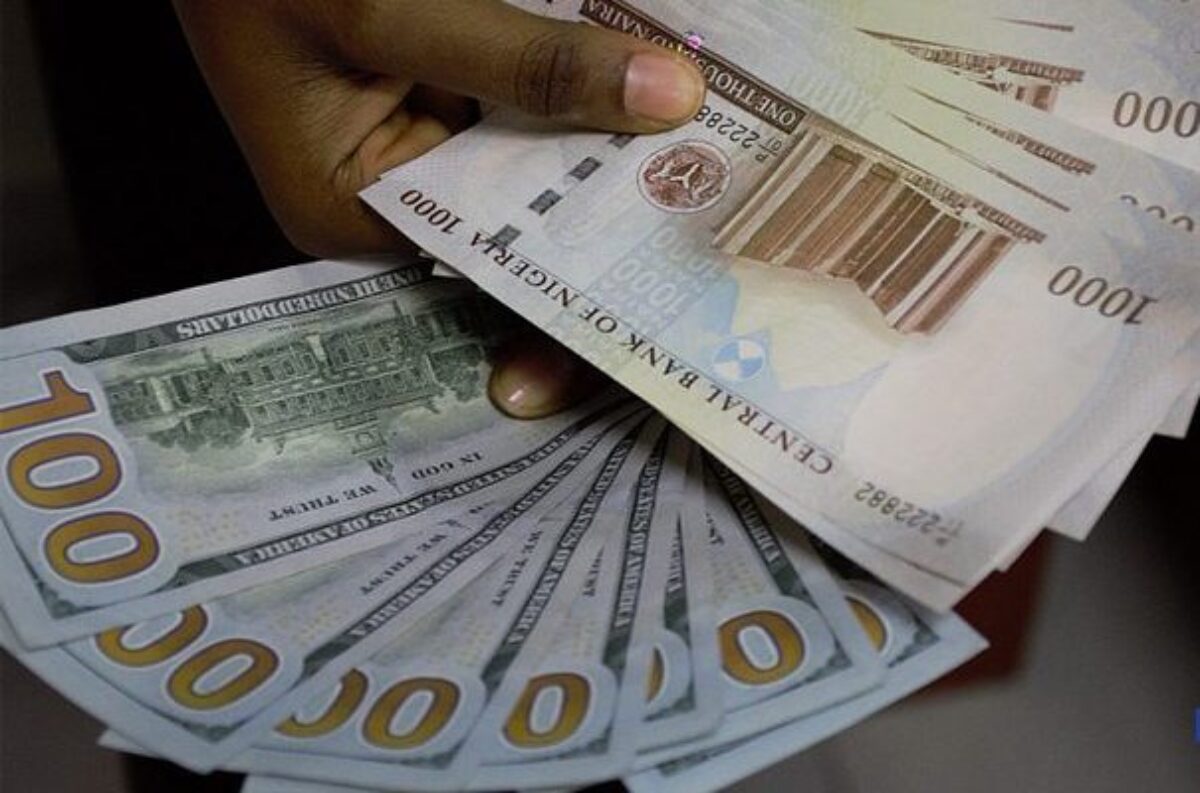
Nigerian banks have announced that international school fees and upkeep requests through Form A will now be processed within 120 days.
The banks announced the development in emails recently sent to their customers and seen by TheCable.
The development comes amid the lingering forex scarcity in the country.
Form A is an application form designed by the Central Bank of Nigeria (CBN) to pay for service transactions (invisible trade) like foreign tuition, training courses and medical bills.
Through the form, Nigerians studying abroad access foreign exchange at the official rate rather than sourcing from the parallel market which is always significantly higher.
The process usually takes two to three weeks — depending on the application period.
The banks have also cut the amount of dollars for personal travel allowance (PTA) and business travel allowance (BTA) to a maximum of twice annually per applicant to the tune of $2,000 per application.
“We value your relationship with us and would like to keep you informed on updates regarding our fulfilment of Form A request,” Access Bank said.
“PTA / BTA requests are now processed a maximum of twice annually per applicant to the tune of $2,000 per application where the request is within 14 days of the travel date.
“International school fees and upkeep requests are processed within 120 days from the date of approval.
“All applications are processed and disbursed subject to FX availability, proper documentation, and provided the account to be debited is sufficiently funded to cover the Form A charge and other processing fees.
“Kindly ensure your account is sufficiently funded to accommodate the value of the transaction and charges at the time of processing as any request not backed with an adequately funded account or the required documentation will be rejected and considered a new request upon re-submission.
“Updates on pending, approved or rejected Form A requests are duly posted and accessible on the Trade Monitoring System portal.”
First Bank also told its customers that requests for foreign exchange would continue to be treated on a first-come, first-served basis, subject to availability of FX.
“Payment of PTA/BTA is subject to a maximum of $2,000 and two quarters in a year, while funds will be disbursed within the week of the trip. Customers are encouraged to apply for PTA/BTA some weeks ahead of their trip,” the notice reads in part.
“Application for upkeep is subject to a maximum of $1,500 (or its equivalent in other currencies) per semester and limited to 2 semesters per session.
“Payment of school fees is subject to a maximum of $7,500 (or its equivalent in other currencies) per semester and limited to 2 semesters per session.
“A minimum of 16 weeks is required for processing school fees and upkeep/maintenance, after the submission of documents along with the approved Form A at the branch.”
“Application for Form A for school fees, student upkeep and PTA/BTA, must be processed on the Central Bank of Nigeria’s Trade Monitoring System (TRMS) and must be in line with regulatory requirements.”
Business
Dana Air initiates refunds following suspension by NCAA for safety audit
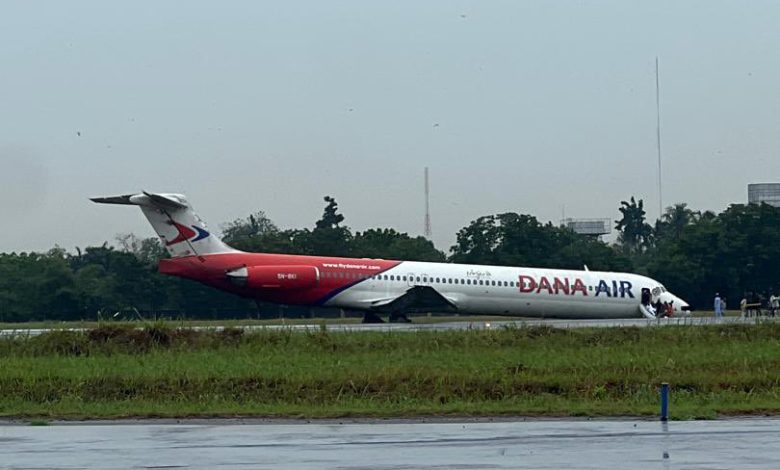
Dana Air has announced that it is processing refunds for flights affected by its recent temporary suspension.
The Nigeria Civil Aviation Authority (NCAA) imposed the suspension to conduct a safety and financial audit following a runway incursion incident involving one of the airline’s aircraft on Tuesday.
The airline disclosed this information in a statement on its official X (formerly Twitter) account on Wednesday, apologizing for the inconvenience and disappointment the suspension may have caused its passengers regarding their travel plans.
According to Dana Air’s statement, passengers who have already booked flights are instructed to send their flight booking details (PNR) and bank account numbers to contact@flydanaair.com for refunds.
- “In light of the suspension, we understand that you may have concerns regarding your bookings and travel plans. We assure you that we are processing refunds for affected flights over the next month.
- “To expedite this process, we kindly request that passengers send their booking details (PNR) and bank account numbers to contact@flydanaair.com,” the statement read in part.
The statement also assured Dana Air customers that the airline is fully cooperating with aviation authorities to address any concerns and ensure that the matter concerning the suspension of its operating license is swiftly resolved.
Business
Naira falls to N1,300/$ at parallel market
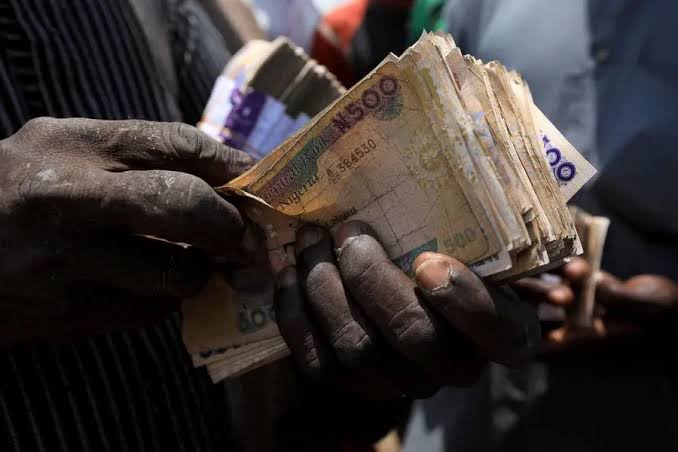
The naira, on Wednesday, depreciated to N1,300 per dollar at the parallel section of the foreign exchange (FX) market.
The current FX rate signifies a 3.17 percent drop from the N1,260 traded on April 22.
Currency traders, known as bureau de change (BDC) operators, quoted the buying rate at N1,260 and the selling price at N1,300 — leaving a profit margin of N40.
At the official window, the naira fell to N1,308.52 against the dollar — a 0.64 percent decline from the N1,300.15 traded on April 23.
According to the FMDQ Exchange, a platform that oversees official FX trading in Nigeria, the naira recorded a high of N1,367 and a low of N1,098.
With the current record, the official window rate still surpasses that of the parallel market by N8.52.
The Central Bank of Nigeria (CBN), on April 23, reduced the FX rate for dollar allocations to BDC operators.
The financial regulator, in a circular signed by Hassan Mahmud, director of trade and exchange department, said it sold $10,000 at the rate of N1,021/$ to each BDC.
On April 8, CBN also sold FX to the BDCs at the rate of N1,101/$, compared to the N1,251 the apex bank offered to the parallel market operators on March 25 and the N1,301 announced on February 27.
Business
Economic hardship: Soludo’s wife advises Anambra women to embrace backyard gardening
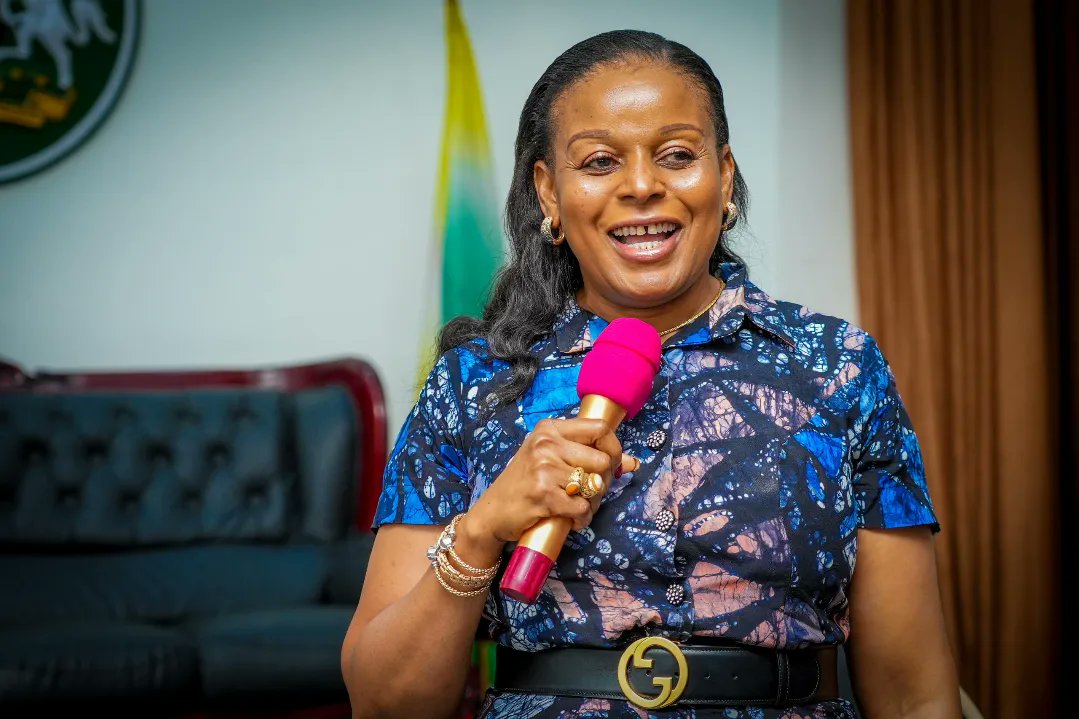
Nonye Soludo, the first lady of Anambra, says women in the state should embrace backyard garden practice to help their families cope with the rising cost of living.
Nonye, the founder of Healthy Living Initiative, spoke when she received a group of Anambra female farmers and businesswomen in Awka, the state capital.
She said home garden practices have helped families as primary and regular sources of diet and nutrition
The Anambra first lady said backyard gardens would also reduce dependence on commercial food products which are mostly expensive.
“Economic circumstances do not completely determine healthy living practices, including the choice of what we consume to keep the body in good shape,” she said.
“We also need to dispel the notion that eating healthy is about eating expensive food products.
“You only need to go to the small farm behind your house to pick up what the body needs to be healthy.
“This is why I am encouraging families to embrace backyard or home gardens and this is in line with the state government’s agricultural agenda.
“Those who live in areas without enough land for subsistence farming purposes can adopt sack farming, which does not cost anything to set up.
“By having such farms around the house, households can have easier and healthier alternatives, cut down their costs of living and boost the green environment.’’
Nonye said her healthy living campaign aims to sensitise households on adopting healthy living as a culture.
“One of our goals is to ensure that families in Anambra prioritise nutritional values of what they eat to improve their family health,” she added.
On her part, Esther Onyekesi, the leader of the group, said women have a major role to play in food production and should be given every necessary support.
Onyekesi, who is also the women’s leader of the All Progressives Grand Alliance (APGA) in the state, encouraged her colleagues to key into backyard farming to enhance food security.
She added that the recent hike in prices of foodstuffs should encourage everyone to go into farming.
-

 Business1 week ago
Business1 week agoX will start charging new users to post, says Elon Musk
-

 Entertainment1 week ago
Entertainment1 week agoJUST IN: Cubana Chief Priest pleads not guilty to naira abuse charge
-
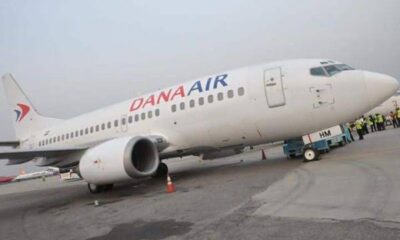
 News1 day ago
News1 day agoFAAN reopens Lagos airport runway after Dana Air incident
-

 Entertainment1 week ago
Entertainment1 week agoCubana Chief Priest arrives court for naira abuse trial
-

 Celebrities1 week ago
Celebrities1 week ago‘Not see you for 6 months, impossible’ — Davido reacts to Cubana Chief Priest’s bail
-

 Business6 days ago
Business6 days agoElon Musk threatens to suspend X accounts doing engagement farming
-

 Celebrities1 week ago
Celebrities1 week agoKai Cenat threatens to sue OnlyFans model, Layla Red who leaked their chats
-

 World1 week ago
World1 week agoDubai international airport cancels flights as flood ravages runway, UAE


















